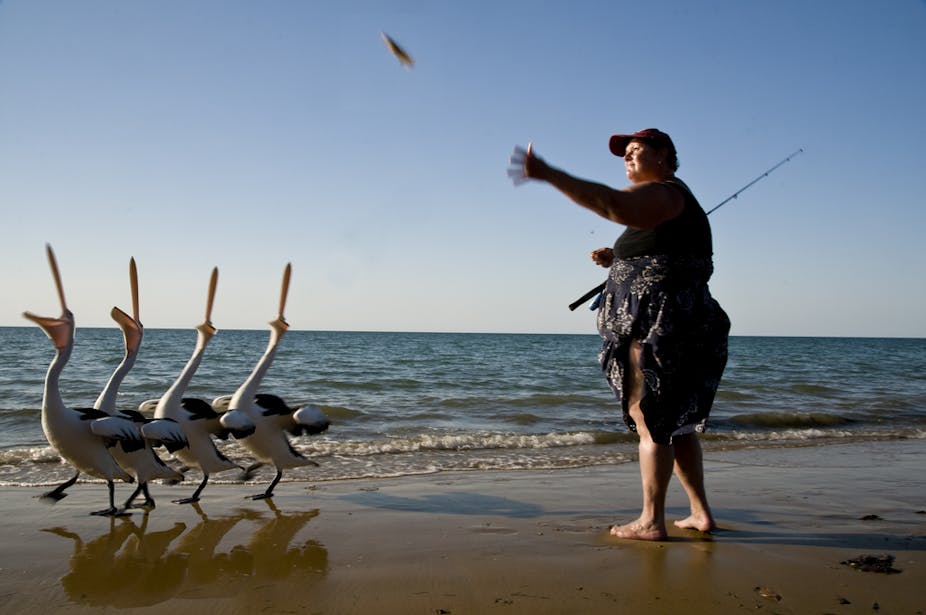In what is either a win for fishers or another blow to reserves, recreational fishers have been allowed back into marine sanctuaries under controversial new reforms in New South Wales. In the past four years lobbying by fishers has caused two public inquiries, a moratorium on new marine parks, and a reversal of zoning changes. Clearly fishers aren’t happy with how NSW’s waters are managed.
So, why don’t fishers like marine parks?
Fishers have resisted marine park declaration and planning since the first parks were declared in 1998. This resistance has grown steadily with each new park. The government thought park zoning plans would be the end of the story, and local communities would learn to adapt to their park and even embrace it. The evidence suggests otherwise.
From our research (soon to be published in Aquatic Conservation), we believe there are two major priorities that the government needs to address as part of the new approach in order to break the cycle of this enduring conflict.
The problem starts with the way Sanctuary (or “no take”) Zones are communicated. Historically the government and conservation groups have emphasised that Sanctuary Zones are good for fishing in an effort to appease fishers. This led to a fruitless debate over these claims and the science behind them. But Sanctuary Zones aren’t designed to improve fishing: it’s not their primary purpose or their main benefit.
The real value of Sanctuary Zones lies in allowing natural and entire ecosystem functions to occur uninterrupted by human interference. The benefits of no fishing areas in protecting habitat like sea weeds and corals and less mobile fish species are obvious.
But for more mobile and migratory fish species, the benefits are likely to be less direct and include the ability of these species to contribute to normal predator-prey relationships or forage naturally within the zone boundaries. This in turn benefits other species throughout the food web.
Concentrating solely on the fishing benefits of Sanctuary Zones also assumes that fisher support is influenced primarily by self-interest, and that convincing fishers that catches will improve is the best and only way to get their support.
But many of the most vocal critics of Sanctuary Zones fish for a variety of reasons (such as seeking a challenge, testing their skills or relaxation) - not just catching a fish - and they have built up significant fishing skills and knowledge over their lifetimes. What they know about fish and fish movements has led them to reject Sanctuary Zones as an effective tool for fisheries management.
Trying to “educate” them that bans improve fishing is offensive to these fishers because it dismisses their own knowledge. They see these over-simplified messages as deceitful and patronising. The value and role of Sanctuary Zones therefore needs to be communicated in an honest and open way, even if it means the messages are more complex.
Recent management changes introduced by the state government - including a “whole of estate” approach to marine management - have the potential to improve the situation for the environment and for communities.
Our research clearly shows that fishers feel persecuted by a marine park system which they believe puts disproportionate emphasis on fishing as the most significant environmental impact. This meant that they responded defensively to marine parks, rejecting them from the outset.
A broader focus would mean fishing is considered alongside other threats but will also, inevitably, challenge any notion that fishing poses no threat. This new approach could also allow for a wider range of management responses that are better aligned with the objectives of local communities. If local communities can see their concerns and priorities being addressed they may accept less popular measures, such as Sanctuary Zones.
NSW is at a cross roads in its management of marine parks. So far both “sides” of the marine park debate have been locked in a fight to the bitter end. This may have secured short term “wins” for one side or the other but has done very little to foster a sense of shared community ownership amongst users of local marine parks. A new approach brings new opportunities to build this ownership and support.

